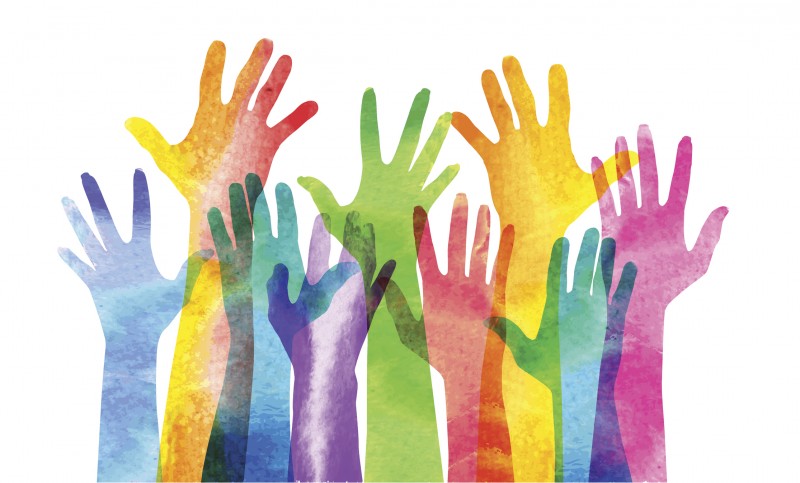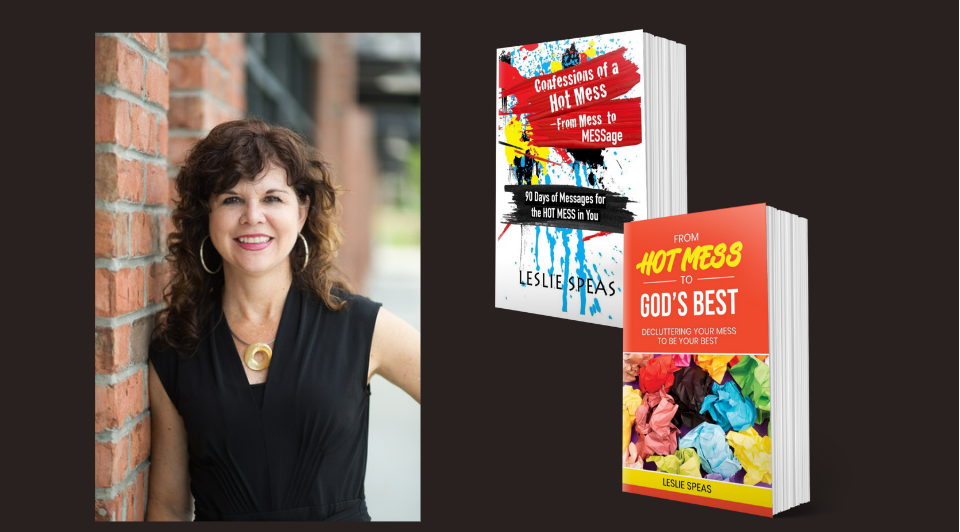
“No one is born hating another person because of the color of his skin, or his background, or his religion. People must learn to hate, and if they learn to hate, they must be taught to love, for love comes more naturally to the human heart than it’s opposite.” Nelson Mandela
As I write this, there has been another incident (as there have been quite a few over the years) where a white cop mistreated a black man. This time resulting in death. Now, I’m not 100% sure if this was truly racially motivated or just a dirty cop. Nevertheless, it reminds me of the hate in this world that is rooted in others not being like us. As Nelson Mandela said, we are not born with that hate, we learn it. When you see little children at the playground, they are accepting of anyone who wants to play and don’t seem to see differences or judge others. So, Where do we learn it from? Many sources including our parents, our friends, our schools, the media, even our churches.
My take on this is that we should work to overcome any biases that we have – conscious or unconscious – and be inclusive. So what exactly is bias? It is a prejudice in favor or against a thing, person, or group compared with another, usually in a way that is considered to be unfair. There are two types of biases – conscious and unconscious. Unconscious biases are the most harmful because we often aren’t even aware that they are there. They are social stereotypes about certain groups of people that we form outside of our conscious awareness.

Do you think you don’t have biases? Well think again. We all have them and they influence a lot of our actions and decisions. Our brains can consciously process 40 pieces of information per second – and we unconsciously process 11 million pieces per second. So this is the brain’s ways of coping with and categorizing all of the information and stimuli that we receive. So, how does this play out in our lives? We instinctively categorize peoples and things using easily observed criteria like age, gender, weight, race, etc. We also classify people according to other traits like educational level, disability, accent, social status and job title. The clear disadvantage is that it can lead us to make assumptions about people and groups and act on biases that we aren’t even aware of.
The bottom line is that I think we should strive for inclusion and love/accept others regardless of differences. The world would be pretty boring if we were all alike! Inclusion is involvement and empowerment, where the inherent worth and dignity of all people are recognized. Inclusion promotes and sustains a sense of belonging; it values and practices respect for the talents, beliefs, backgrounds and ways of living of others.
Psalm 96:3-4 says, “Declare his glory among the nations, his marvelous works among all the peoples! For great is the LORD, and greatly to be praised; he is to be feared about all gods.” Notice this says, “all the peoples”, not just some of the people.
In John 3:16, Jesus said, “For God so loved the world that He gave His only Son, that whoever believes in Him shall not perish but have eternal life.” “Whoever” means anyone who wants in!
Nothing in the New Testament that I have seen leads me to believe that there are any people who aren’t worthy of God’s love and don’t deserve the human equality and inclusion that comes with that. As a matter of fact, Jesus told his disciples in John 13:34, “…Love one another. As I have loved you, so you must love one another.”
What was Jesus’ view of inclusion? I think the Scripture below pretty well sums it up.
“The body is a unit, thought it is made up of many parts; and though all its parts are many, they form one body. So it is with Christ. For we are baptized by one Spirit into one body – whether Jews or Greeks, slave or free – and we were all give the one Spirit to drink.” 1 Corinthians 12:12-13
Jesus spent time with everyone and never excluded others. He interacted with those considered outsiders and befriended any who were interested. There really aren’t any stories that I can think of where Jesus was hanging with the popular crowd. He hung around the unpopular, the sick, and the sinners because he cared about them. Think about the woman at the well, the tax collectors, the lepers. And he didn’t recruit the best and the brightest to be part of his team. He chose ordinary, flawed people .
God the Father is conforming us into Jesus’ image and wants us to follow his example. We know where he went, how he acted, and what he did. We get to read about it and then follow his example in how we love, accept and treat others.




Well said, Leslie! So much we don’t see in ourselves. Great point about the little ones on the playground too. It is a learned behavior! We definitely need to learn to do a better job at following Jesus’ example!